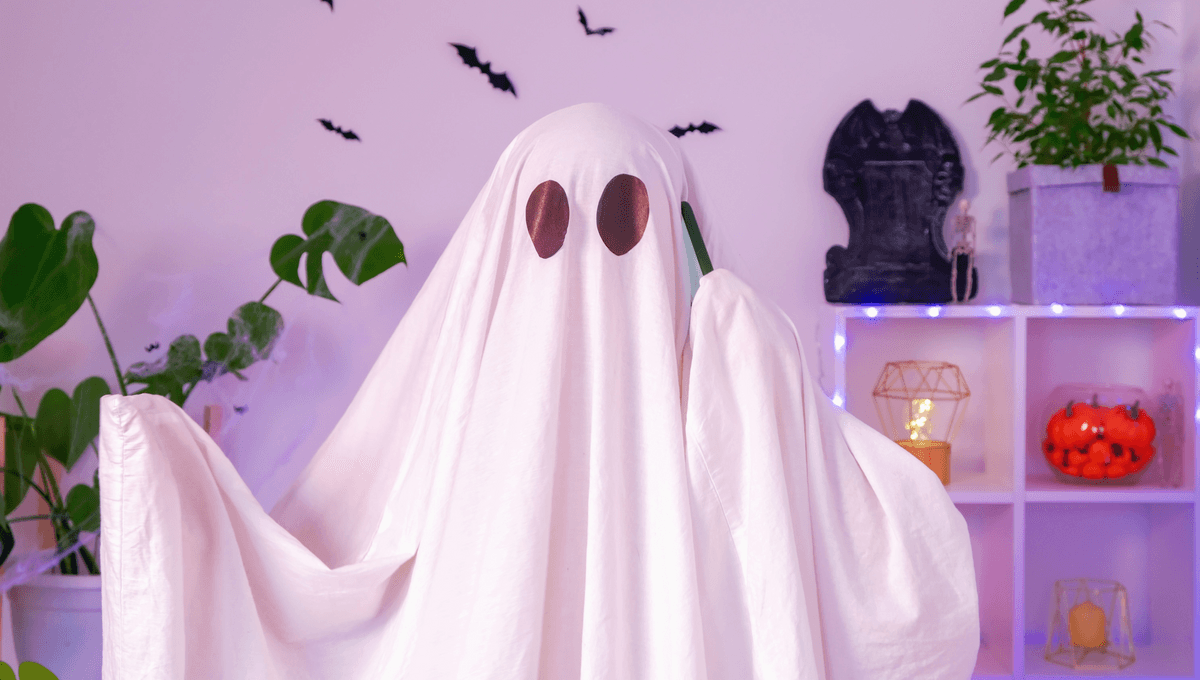
Being “ghosted” – that is, having somebody totally shut down communication with you, effectively turning themselves into a “ghost” – is rarely a nice feeling. As disappointing as it may be to experience, though, chances are the person doing it to you feels even worse – at least, if you two were originally friends rather than romantic partners.
That’s the conclusion of a new study into the relationship-ending habit, which finds that ghosting a romantic partner and ghosting a friend are in fact two rather different things.
“[They] are separate phenomena that are rooted in different antecedents and have distinct detrimental outcomes,” study author Michaela Forrai, a PhD researcher at the AdMe Research Group at the University of Vienna, told PsyPost.
“My interest in the topic was sparked by seeing many people post about seemingly similar experiences with ghosting on social media,” she explained. “In particular, I was intrigued by ghosting among friends as well as the perspective of ghosters, both of which have received relatively little scholarly attention.”
Indeed, many of us have some kind of experience with ghosting – previous research has found that close to one in three young adults have previously ghosted someone, with one in four having been on the receiving end of the practice. Nearly half – around four in nine of those surveyed – reported having been in both positions at some point.
But despite being so widespread, research into the phenomenon has almost always concentrated on one particular aspect: the experience of those being ghosted by a romantic partner.
In other words, there were some significant gaps in the scientific ghostly literature. “Prior research investigating predictors and consequences of ghosting has focused on ghostees, largely leaving aside those who ghost others,” write the authors. Moreover, they point out, “ghosting is not limited to romantic relationships […] Especially in friendships, a similar (or even higher) prevalence can be assumed given the number of different ties people entertain within and across social networks.”
To address this, the team surveyed a total of 978 young adults – which, it should be noted, places a significant limitation on the study, since all participants were between the ages of 16 and 21 – about their experiences ghosting romantic and platonic partners. Four months later, another survey was sent out to measure changes to participants’ experiences over time.
The results were surprising: while we may be most familiar with romantic ghosting, ditching our friends appears to be just as noteworthy a phenomenon – at least, from the ghoster’s perspective. That’s true in just about every aspect, as well: not only do the two situations appear to be triggered by different things, but the fallout from each is markedly different, the researchers discovered.
So, while a big reason for romantic ghosting was found to be communication overload, that did not appear to predict ghosting friends. It’s a result that “particularly surprised” Forrai, but it makes sense: “Interacting with romantic partners can be more demanding,” she explained, “and ghosting can present a way to avoid harms due to communication overload, so perhaps this is why it may occur more frequently.”
Ghosting a friend, on the other hand, seems to have more to do with how you feel about yourself than your partner. To put it bluntly, the higher your self-esteem, the more likely you are to ghost a friend – a result that the researchers suggest comes down to a greater belief in your ability to replace whichever pal you’ve decided to ditch.
But while that may paint a picture in which friend-ghosters are a group of happy-go-lucky social butterflies, the results also revealed a dark comeuppance for this unamicable behavior.
“[A] key result is that ghosting others can have negative effects on one’s well-being,” Forrai told PsyPost. “People who stated that they had ghosted friends in the past were more likely to report increased depressive tendencies four months later.”
That’s not the case for those who ghost romantic partners, however: “there was no temporal relationship between ghosting romantic partners and depressive tendencies,” notes the paper. That may be for a number of reasons – perhaps ditching a friend results in more blowback from peers, the team suggest, or maybe it’s a natural result of losing a social connection.
Either way, Forrai cautioned, “we would like to encourage people to reflect on their ghosting behavior, especially within friendships, so as to avoid negative consequences for themselves as well as potential ghostees.”
“Overall, research on ghosting is just beginning, so more insight is needed to paint a comprehensive picture of this phenomenon,” she concluded. “We have a myriad of ideas for further studies within our team.”
The study is published in the journal Telematics and Informatics.
Source Link: Ghosting Your Friends Is Worse For Your Mental Health Than Ghosting A Romantic Partner